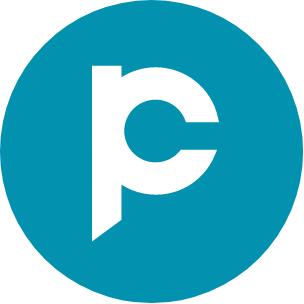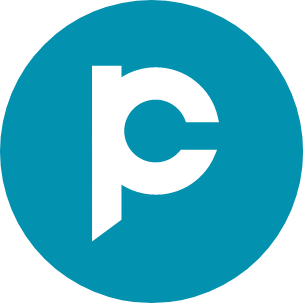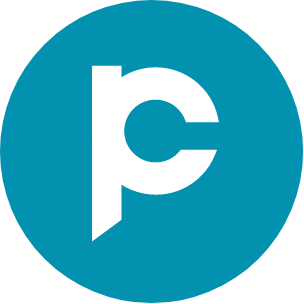WhatsApp API Pricing: Everything you need to know
WhatsApp API Pricing explained: explore the pricing model, key components, and compare WhatsApp Business API vs WhatsApp Cloud API to make the right choice.
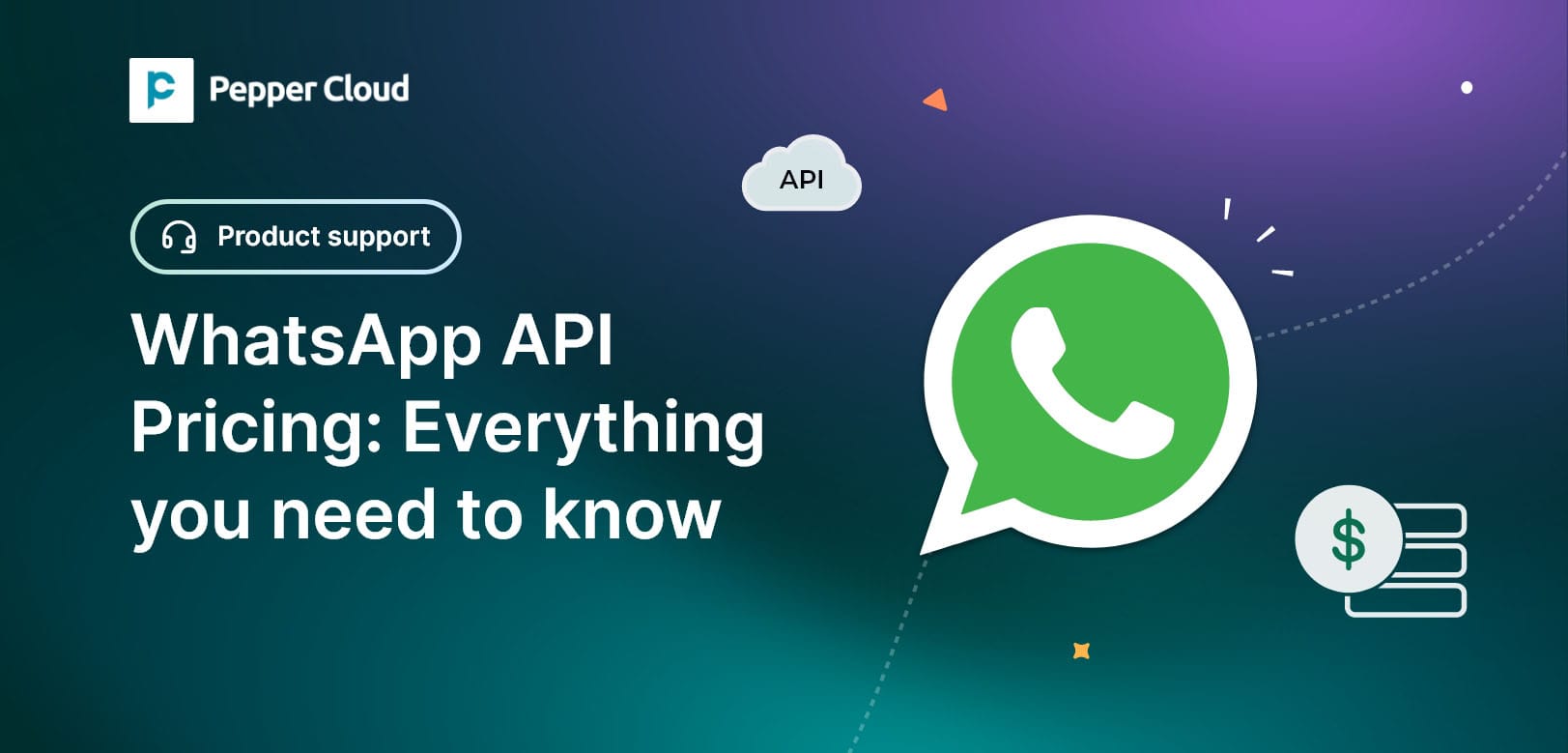
WhatsApp, with its massive user base exceeding 2 billion globally, has emerged as a go-to platform for businesses aiming to streamline communication and customer engagement. Its Business API enables scalable communication for support, alerts, promotions, and more. However, the pricing model for this tool has undergone a major transformation.
As of July 1, 2025, Meta introduced a new per-message pricing model, replacing the older conversation-based system. This change affects how businesses plan campaigns, support flows, and overall messaging budgets. In this blog, we break down the changes, what stayed the same, and how to optimise your usage.
What is WhatsApp API?
WhatsApp API is tailored for growing businesses that need scalable and automated communication. Unlike the WhatsApp Business app, WhatsApp API enables multi-agent access, automation, broadcast messaging, CRM integration, and personalised customer experiences across the sales, marketing, and support lifecycle. However, the WhatsApp API does not have a built-in user interface and must be connected with third-party tools such as CRM systems, communication platforms, or integration dashboards to be usable.
There are two core ways to access the WhatsApp API:
- WhatsApp Cloud API: Hosted directly by Meta, it offers a cost-effective and developer-friendly setup. It's ideal for businesses that want full control over their backend systems and CRM integration without relying on intermediaries.
- WhatsApp Business API via BSPs: Provided through Business Solution Providers like Twilio or 360dialog. BSPs offer added services like hosting, dashboards, automation tools, template management, and customer support.
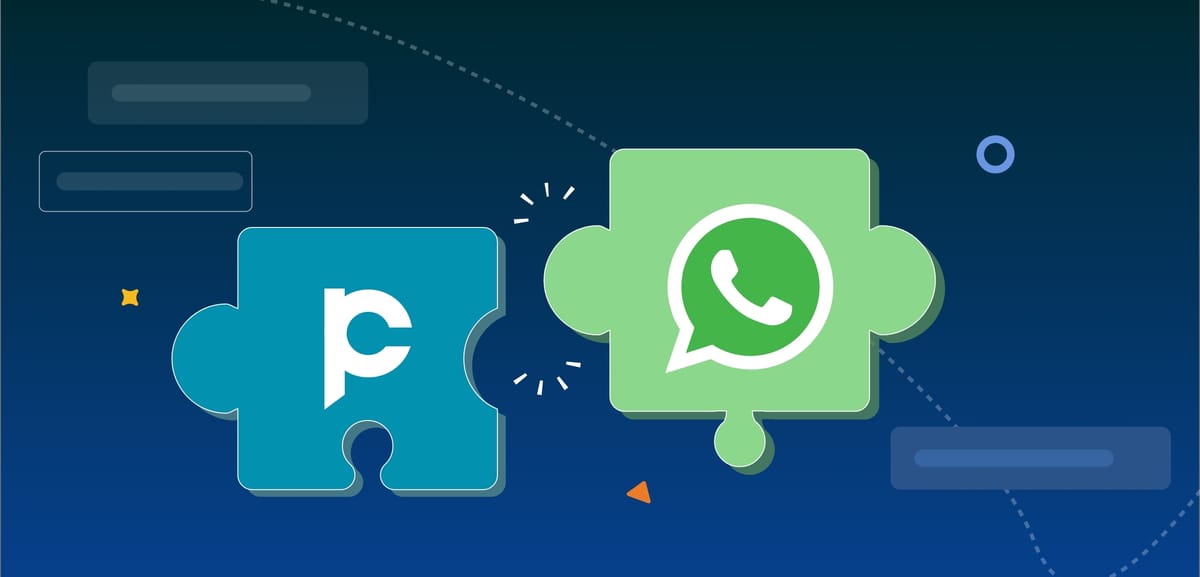
WhatsApp Cloud API pricing: What changed in 2025
Old Model (Before July 2025):
WhatsApp previously followed a conversation-based pricing model. Businesses were charged per 24-hour conversation window, with costs varying based on who initiated the conversation (user or business) and the category of the message (Marketing, Utility, Authentication, or Service). Each session allowed unlimited messaging during the 24-hour window but was billed once per category per user. Marketing messages initiated by the business outside an open session were billed differently from user-initiated service conversations..
New Model (Effective July 1, 2025):
Under the new pricing model, Meta has shifted to per-template message pricing.
What does this mean?
It means:
- The pricing will now be per template message delivered (not just sent), instead of per 24-hour conversation.
- Applicable to business-initiated messages (Marketing, Utility, and Authentication template messages).
- User-initiated messages (Service messages) and Utility messages delivered within the session window remain FREE.
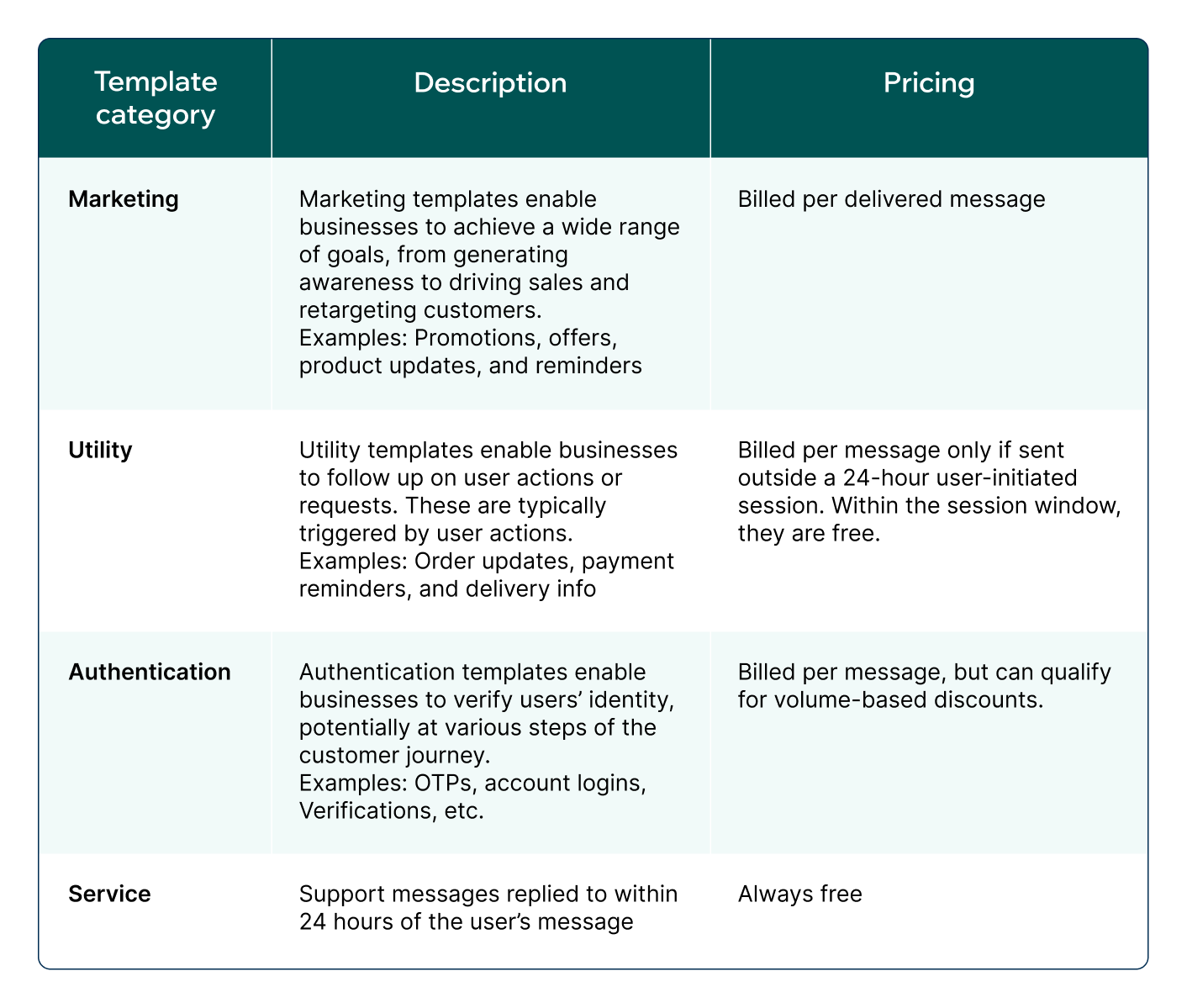
Additionally, Meta introduced volume tiers, where pricing drops as your monthly message volume increases. These tiers are split into:
- Tier 1: 0 - 100,000 messages
- Tier 2: 100,001 - 500,000 messages
- Tier 3: 500,001 - 2,000,000 messages
- Tier 4: 2,000,001 - 5,000,000 messages
- Tier 5: 5,000,001+ messages
Pricing depends on a combination of:
- The template category (Marketing, Utility, Authentication)
- The country/region you are sending to
- The volume tier your business qualifies for
This granular approach to pricing gives businesses greater visibility and control over messaging costs and helps scale operations more efficiently.
Note:
- According to Meta, WhatsApp Cloud API rates vary based on template category, volume tier, and country/region rate.
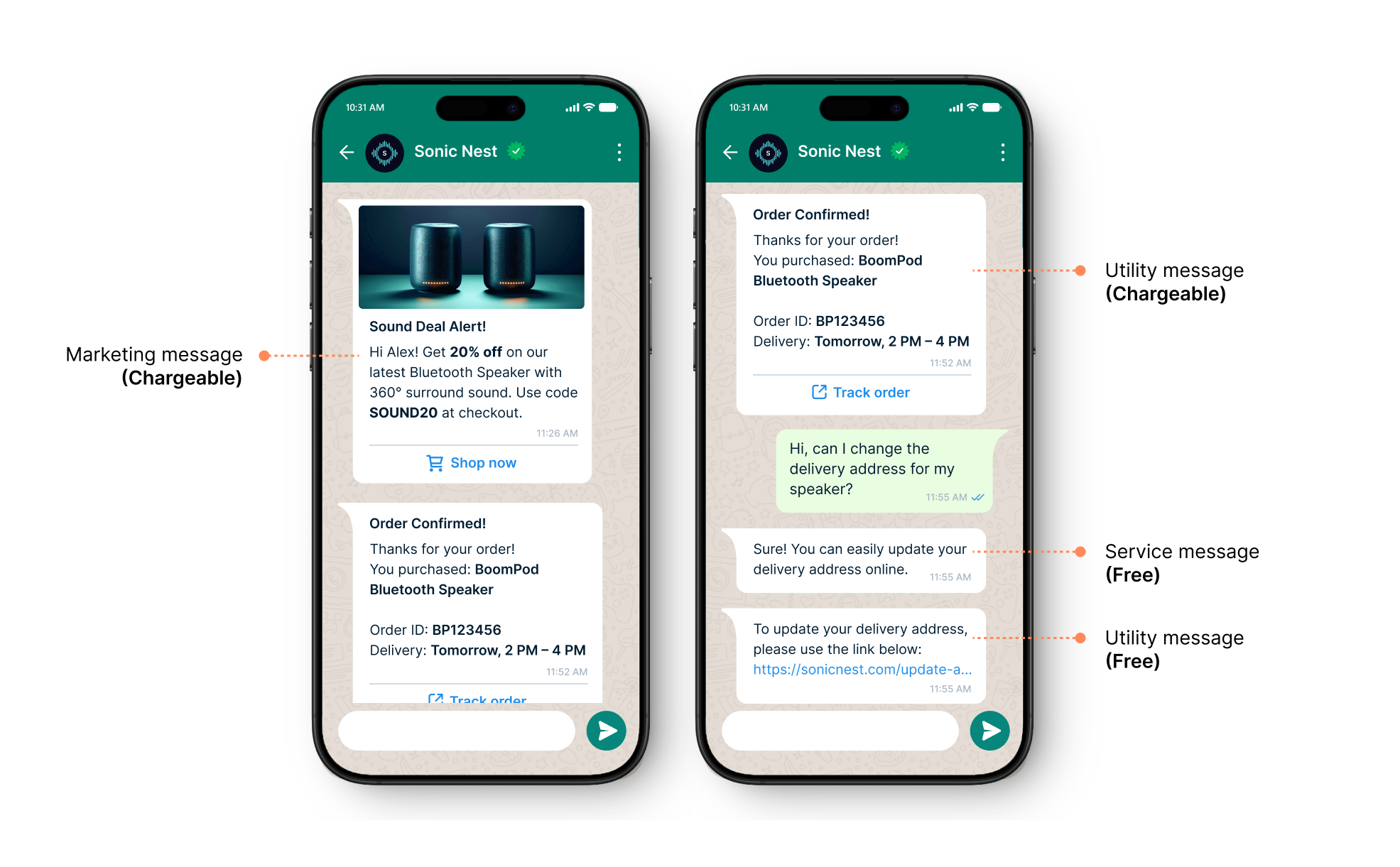
WhatsApp Business API pricing: Twilio
Meta defines base rates, but Business Solution Providers (BSPs) like Twilio may add their own charges on top of Meta's per-message rates.
For example, Twilio charges a separate WhatsApp Business Messaging fee in addition to Meta's rates. As of now, Twilio's messaging fees are:
- $0.005 per message for both inbound and outbound messages, on top of Meta’s template rates
- Additional charges for template creation, media attachments, and hosting services
- Pricing may vary by country and type of message (Marketing, Utility, Authentication)
For more information on WhatsApp Business API via Twilio pricing, refer to Pay-as-you go WhatsApp pricing.
What stayed the same?
While the pricing model shifted, several key elements remain unchanged:
- Message categories: Marketing, Utility, Authentication, and Service remain as-is.
- User-initiated messages: Messages sent by the business in response to a user within 24 hours remain free (under the Service category).
- Template approval process: Businesses must still get templates approved through Meta.
- Use of BSPs: For WhatsApp API via BSPs, the charges may vary as BSPs can add their own charges.

How to optimise WhatsApp API costs in 2025?
To make the most of your messaging budget:
- Promote user-initiated conversations: These messages are free for 24 hours, so it's smart to encourage your customers to message you first. Learn practical tips and strategies in our dedicated blog: How to get your customers to message you first on WhatsApp.
- Send utility messages promptly: Utility messages are free when sent within the 24-hour user-initiated window. Delay in responding can lead to unnecessary charges, especially for post-purchase notifications or updates. Build automation rules to detect session status and ensure timely delivery.
- Consolidate authentication messages: Authentication messages like OTPs or login confirmations are charged per message. If feasible, combine authentication steps or batch delivery in flows such as bulk verifications or multi-order confirmations to reduce repeated charges.
- Use high-performing templates: Avoid over-testing and resubmitting templates. Instead, maintain a set of approved, high-performing templates. This ensures quicker delivery, minimises the risk of rejection, and keeps communication consistent.
- Leverage volume-based discounts: Meta offers tiered discounts on high-volume Utility and Authentication messages. Review your messaging frequency and explore opportunities to batch or schedule high-volume campaigns to qualify for these discounts.
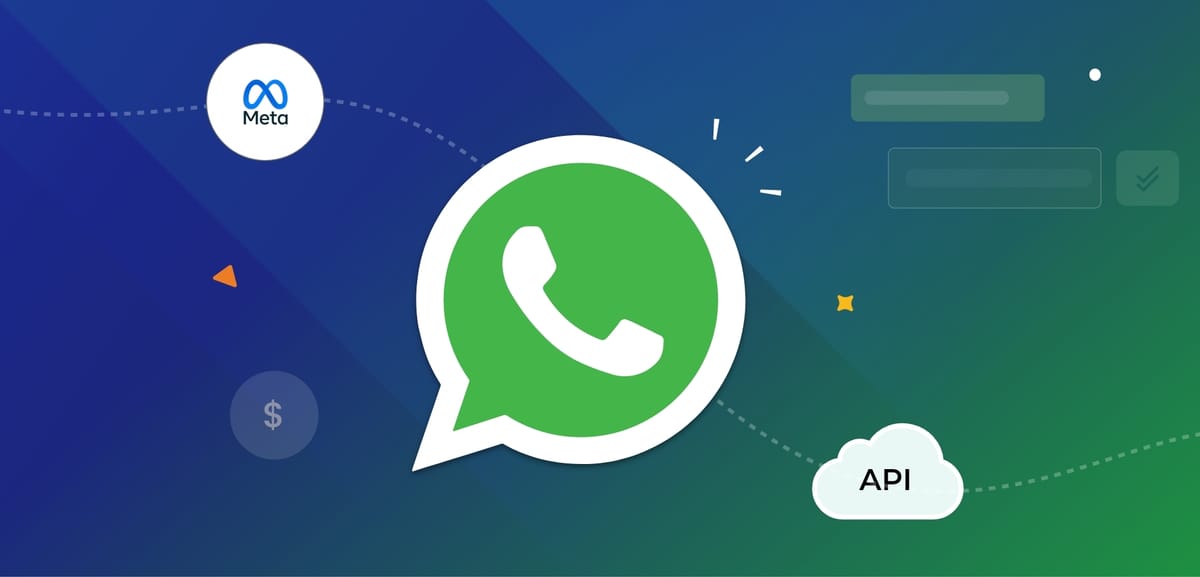
WhatsApp Cloud API Pricing - Frequently Asked Questions (FAQ)
- Which WhatsApp messages are free under the latest WhatsApp pricing model?
Service and utility messages are free as long as they are sent within the active 24-hour session window (triggered by a user’s message). Once that session ends, the message templates will be billed individually according to the template category.
- What is the session window in WhatsApp?
A session window refers to a 24-hour period that begins when a user initiates a message. During this time, businesses can respond with utility or free-form messages without incurring any charges.
- Are support messages free?
Yes, support messages (also known as service messages) are sent within the 24-hour session window. These are completely free. These include responses to user-initiated queries and help businesses save costs by resolving issues quickly.
- How can I reduce my WhatsApp API costs?
Here are a few smart strategies:
- Segment your audience to send relevant messages only to engaged users.
- Leverage automation and chatbots to trigger responses within the free 24-hour session window after a user messages.
- Limit the usage of unnecessary templates.
- Talk to our friendly customer support team.
Conclusion
With Meta’s 2025 pricing update, businesses now pay per message instead of per conversation. While this allows for better budgeting and flexibility, it also demands smarter usage.
Understanding message categories, volume discounts, regional pricing, and BSP costs is essential to staying profitable.
Need help optimising your WhatsApp marketing or support flows? Book a free demo with Pepper Cloud to see how our CRM and WhatsApp integration can help you stay efficient and cost-effective.
